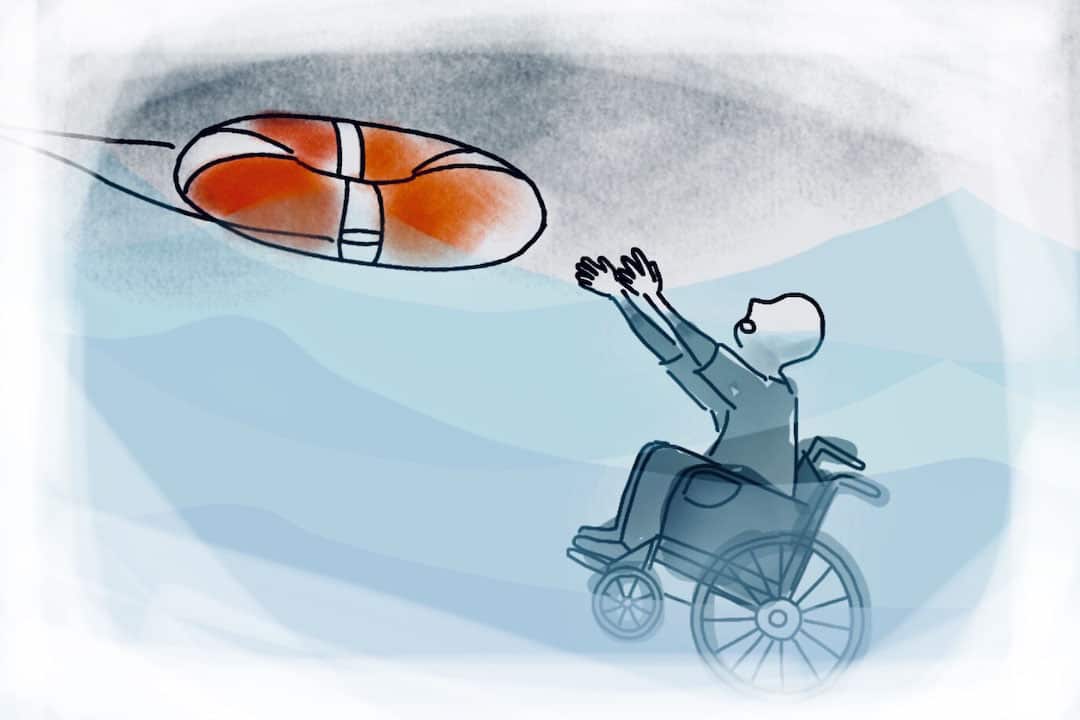Recently, a petition created by Serene Amsel has been circulating on change.org with the purpose of increasing funding for the Ontario Disability Support Program (ODSP). The petition has reached over 50,000 signatures of its goal of 75,000 signatures.
ODSP provides financial and employment supports to people with disabilities. Program eligibility is determined through an assessment of disability; specifically, the program outlines criteria for disability as being chronic, lasting, verified by a healthcare professional, and contributing to impairment or restriction of work.
In an interview with The Varsity, Catherine Dumé — founder and president of the U of T’s Accessibility Awareness Club (U-TAAC) — discussed the importance of the petition and the far-reaching effects of ODSP on people with disabilities.
Advocacy by the U-TAAC
Dumé founded the U-TAAC in the fall of 2021 because she felt that there wasn’t a club for people with disabilities that encouraged their interactions with people without disabilities to foster awareness and community.
She explained that she wanted to create a club that was for all people with disabilities: “I just see a lot of enclaves, like little bubbles of like different communities… it’s very separate… I want to meet people.”
Dumé believes that the U-TAAC has yet to find its exact purpose at U of T, but she remarked that the club has become an avenue for learning about the experiences of other students with disabilities at U of T. The club provides a space for questions and presents an opportunity for people with disabilities to learn from one another about the resources that may be available to them.
Regarding ODSP, Dumé said, “The creation of these programs [was] meant to try to solve the problem of unemployment and lack of income [among people with disabilities].”
A single person with disabilities can receive a maximum of $1,169 per month, or $14,028 annually, through ODSP. The support provided by ODSP is 30 per cent below Ontario’s poverty line.
Moreover, while the provincial government has endeavoured to reduce unemployment among people with disabilities through the creation of jobs, the increased frequency of job loss caused by the COVID-19 pandemic has yet to be mitigated.
Dumé emphasized that the ODSP was designed to support people with disabilities. If one aspect of the support is lacking, then the government must make an effort to compensate through another form of support. In order to effectively support people with disabilities through ODSP, she explained that the government must either provide additional financial support or create accessible job opportunities for people with disabilities.
Proposed changes under the Progressive Conservative (PC) Party
The PC Party of Ontario, under Doug Ford’s leadership, won a majority government in the June 2022 provincial elections.
As part of their election campaign, the PC Party pledged to increase ODSP support by five per cent by allocating $425 million for the program.
If elected, the Ontario Liberal Party had also promised to increase ODSP support. Over two years, the party announced that it would increase ODSP support by 20 per cent.
While no announcements of implementation have been made by the PC Party since its victory, Ontarians with disabilities have expressed disappointment with the meager increase. An additional five per cent in support would provide another $58.45 per month for a single person; however, this increase will not be enough to raise income above Ontario’s poverty line.
“We are people and we deserve to live comfortably and not struggle to survive. I implore the reader of this petition to share this as far and wide as possible and generate discussion so that it may reach our government,” urged Amsel.


